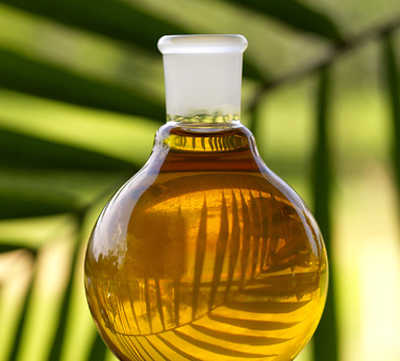Tuesday, 17 March 2015 13:07
 KUALA LUMPUR: Malaysian palm oil futures dipped on Tuesday to near six-week lows, as worries over weak demand and doubts over Indonesia’s ambitious biodiesel mandate dragged on prices.
KUALA LUMPUR: Malaysian palm oil futures dipped on Tuesday to near six-week lows, as worries over weak demand and doubts over Indonesia’s ambitious biodiesel mandate dragged on prices.
Palm futures hit their lowest since Feb. 4 on Monday after a decision by Malaysia, the No.2 producer after Indonesia, to end a duty-free export policy for the crude grade sparked worries that buyers would switch to rival edible oils.
Poor export data from cargo surveyors for the first half of March also fuelled bearish sentiment for the world’s most traded vegetable oil, which is used in everything from soaps to chocolate and biodiesel.
“Overall, the market still looks weak. Any pull-up is more of a retracement,” said a trader with a foreign commodities brokerage in Kuala Lumpur.
The benchmark June contract on the Bursa Malaysia Derivatives Exchange rose to 2,210 ringgit a tonne in early trade, but dropped 0.4 percent to 2,190 ringgit by midday. It hit a low of 2,172 ringgit on Monday.
Total traded volume stood at 19,665 lots of 25 tonnes, above the usual 12,500 lots.
“There’s no reason for palm to have a strong rally,” said the trader, who expects palm to trade between 2,150-2,250 ringgit in the near term.
Concerns over the success of Indonesia’s biodiesel mandate also dragged on palm values.
The country has said it may give tax breaks to support new biodiesel mandates, after earlier raising the minimum bio content in diesel fuel to 15 percent and ramping up biodiesel subsidies to protect its fledgling biofuel industry.
But some industry players are doubtful whether Indonesia can meet its targets as the country is faced not only with logistical and infrastructure problems, but also weak crude oil prices that make blending palm-biodiesel unprofitable.
“We are doubtful that Indonesia’s infrastructure is ready for country-wide distribution of biodiesel, which was a problem
hindering the biodiesel programme last year,” RHB Research said in a note on Tuesday.
“Nevertheless, we suspect that where there is ready infrastructure, more volume will be pushed through.”
Brent crude reversed most of its early gains to trade near $ 54 per barrel on Tuesday as a global glut hurt prices.
In competing vegetable oil markets, the most active September soybean oil contract on the Dalian Commodity Exchange edged up 0.3 percent in early Asian trade, while the US soyoil contract for May rose 0.2 percent.
Copyright Reuters, 2015



























